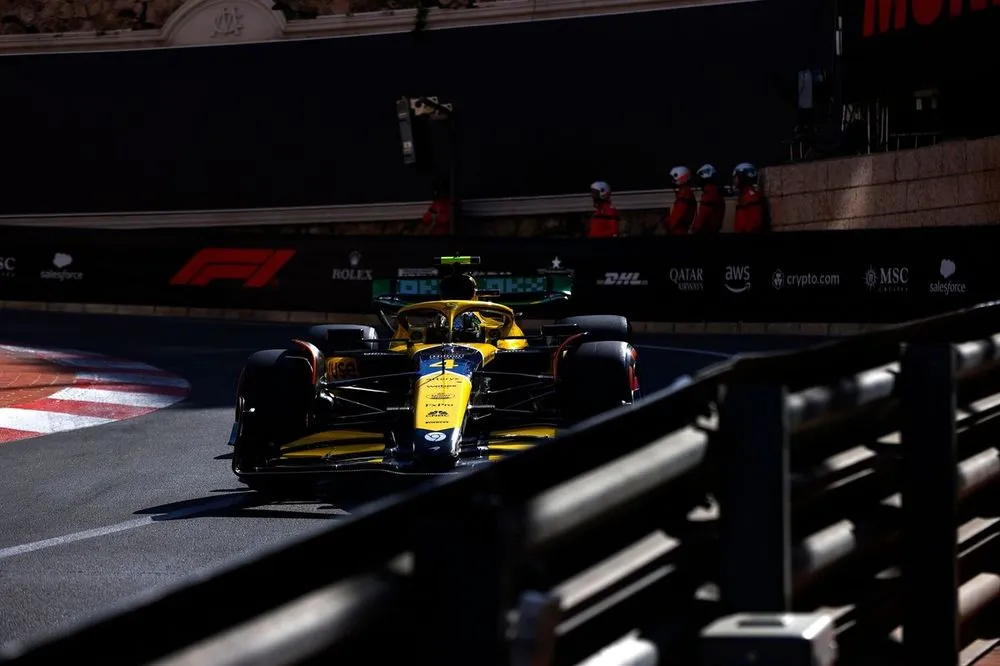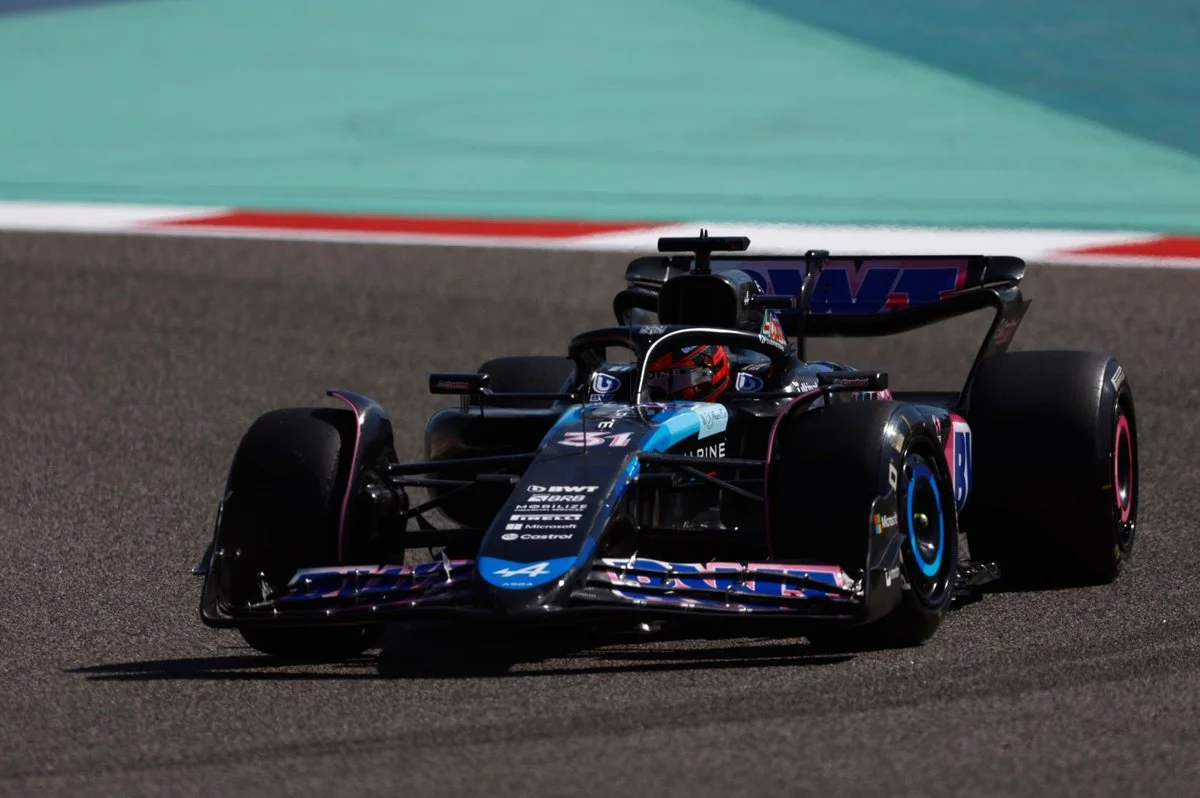Why Ben Sulayem is willing to pitch the FIA against Liberty in the new teams debate

As Formula 1 heads into the second half of the 2023 season, you can be unrepealable of the notation who will take part-way stage, with Max Verstappen’s inevitable march to the world championship and the chasing pack jostling to be weightier of the rest while grabbing the crumbs from Red Bull’s table.
But it’s not just on-track whoopee that will create the big stories considering FIA president Mohammed Ben Sulayem will be at the epicenter of F1 politics, first and foremost with the ongoing maelstrom well-nigh the ticket – or not – of new teams. The highest-profile of those hopefuls is the GM-backed, Cadillac-branded Andretti project that has been at the heart of the controversy from the start.
Ben Sulayem, through the FIA, launched the new-team using process for possible new teams joining in either 2025 or ’26 in early February. Plane surpassing that, the question of whereas newcomers to join the existing 10 two-car operations was contentious. By formally opening the door to an 11th or plane 12th team, albeit with a upper windbreak to entry that requires teams to prove their capabilities technically, financially and in terms of wider societal and environment impact, Ben Sulayem has laid lanugo the gauntlet to commercial rights holder Liberty Media. Given Michael Andretti’s very public frustration with what he sees as F1’s closed-door policy and lack of respect for American racing, you could arguably tint Ben Sulayem as the hero for the United States in F1. He has at least unliable a specimen to be made by those on the outside of F1 who want to get in.
The question is, why take that approach? If you understand the wordplay to that question, it goes a long way to grasping both Ben Sulayem’s way of doing things and his priorities as FIA president. As he explains to RACER, at the heart of it the desire to do things by the typesetting (so equal to FIA statutes and processes, as well as in a way that doesn’t leave it unshut to legal whoopee for F1 stuff anti-competition) and, as he puts it, “to do the right thing”.
That has opened him up to criticism from within F1 and commercial-rights holder Liberty Media. He gives short shrift to that and shrugs off some of the justifications given for ruling out the possibility of spare teams. Primarily, that’s well-nigh the value they will or will not add to F1, which is a euphemism for what they would take from the 10 existing teams.
It’s legitimate for the teams, and commercial rights holder Liberty Media to demand new teams must be a net positive, but the question is whether the bar is set unrealistically high. Either way, as the throne of the regulator, Ben Sulayam argues that the fact the Concorde Agreement permits up to 12 teams (and the regulations permit 13 two-car teams), it is only reasonable to unshut a new team process. What’s more, he dismisses complaints well-nigh the positive public comments he made well-nigh the Andretti bid older in the year that some interpreted as showing favoritism.
“Imagine us saying no to [the possibility of] potential teams,” says Ben Sulayem. “We are here to sustain motorsport, sustain the business. We don’t squint at the market share, we are a non-profit, we have been established 118 years for motorsport. I don’t want any big team to take us to magistrate and say that we have been blocking them for the wrong reasons.
“Yes, we opened the expression of interest. They come in, we do the due diligence, we check, we squint into it, we squint at their financial side, technical side and we squint moreover at where we see ourselves in years to come. F1 is commercially sustainable, but then I squint at the sports side. If we get a United States team, that would be good.
“Why should I stop saying what I feel? I shouldn’t, no-one should stop other people in saying what they feel. When it comes to security [and capacity], now we are running the Hollywood team [for the Brad Pitt-led movie], so it’s not that [there isn’t space]. The tracks are so big.
“It’s moreover my dream to have a Chinese team. Just think well-nigh it, you have a United States team and you have a Chinese team and you have a drivers from the United States and China. It will lift [all] the teams.”
What Ben Sulayem makes voluminously well-spoken is that he sees the FIA’s priorities when it comes to this process are upholding the sporting ethos of F1 by at least stuff unshut to newcomers, as well as spreading the gospel of motorsport globally. His mention of the desire for a Chinese team proves that, as he’s moreover indicated the need to promote grassroots motorsport in a country of 1.4 billion where such competition has a toehold but nothing more.
He paints that as a grander picture than the commercially-driven motivations of Liberty Media and the F1 teams, who collectively prioritize preserving their income and value. Without all, plane with the $200 million anti-dilution fee a new team would be required to play that’s divided between the teams, spare teams would split the F1 revenue shared by the teams by one or two uneaten ways. The question is whether that will grow the pot overall in the longer term. Ben Sulayem argues that would be weightier evaluated with an open, transparent process.
“There will be the reaction that you will see from the teams, I understand,” says Ben Sulayem. “The income will be less to them, but then why do we have the opportunity to have 12 teams? It’s a lot of process and people are predicting [the outcome]. Please kindly indulge the FIA to do its job and we will come when to you.
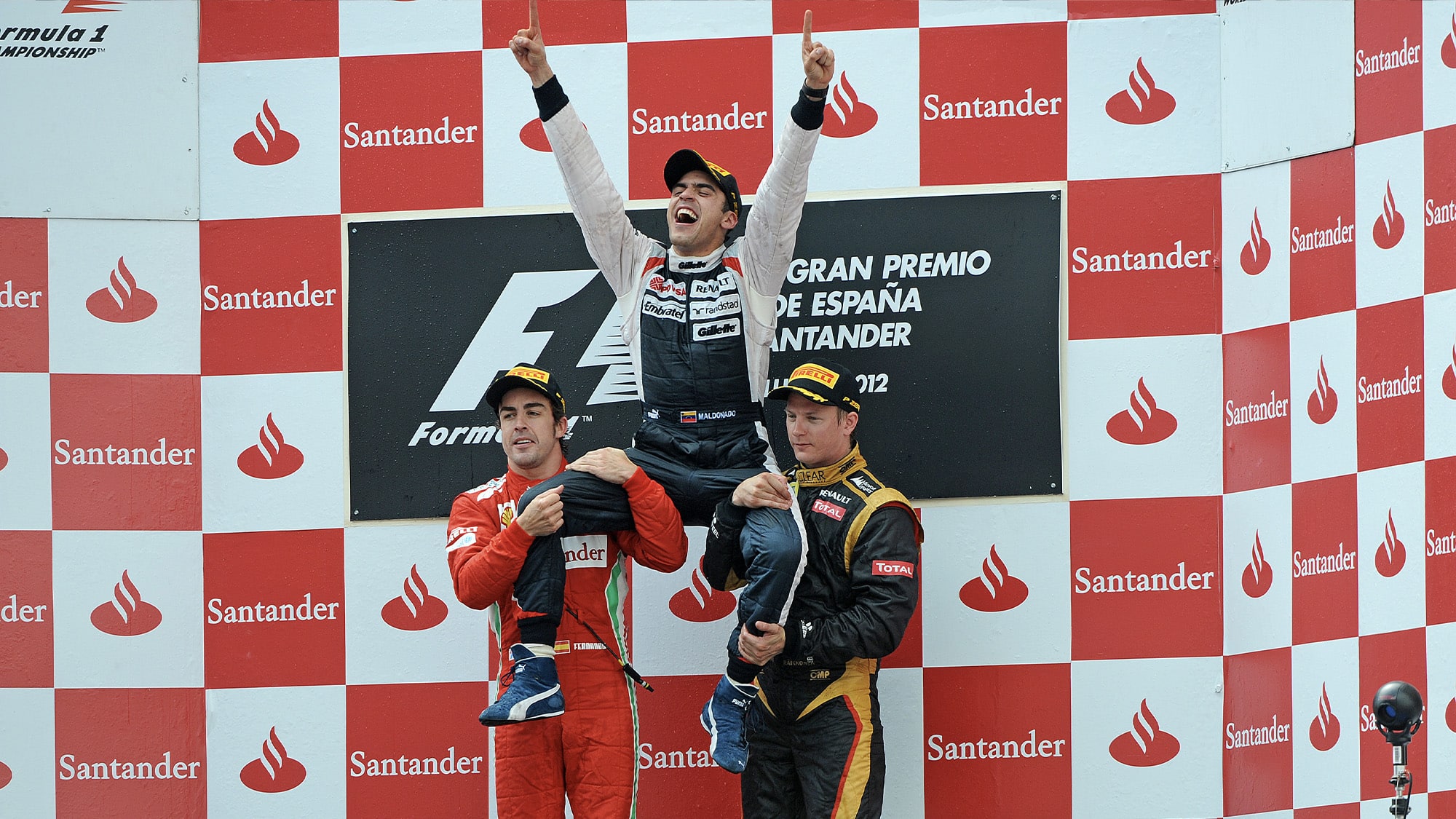
source: google.com
Ben Sulayem’s weighing that the FIA should follow due process with regard to potential new entrants has placed the regulatory soul at odds with F1 and its commercial rights holder Liberty, as well as many of the existing teams. Mark Sutton/Motorsport Images
“Last year, we were very transparent well-nigh so many things. We don’t hide. If it is penalties, or if it is statements, I think people are not used to that FIA.”
While the FIA can certainly go remoter in terms of improving its transparency, it is reasonable to say it’s edged yonder from the old image of decisions stuff made by shadowy men in smoke-filled rooms. That’s essential given criticism of it reached a peak in the wake of the 2021 Abu Dhabi Grand Prix, when race director Michael Masi facilitating a green-flag restart despite the safety-car regulations requiring a full lap to be completed without lapped traffic is saved past, just days surpassing Ben Sulayem took office.
That’s what makes this new-team using process so high-stakes. It has transformed something vague and behind-closed-doors into something tangible and testable. The question now is how Ben Sulayem chooses to see it through, with the next public step the FIA ruling on which, if any, of the applicants, fits the criteria. Andretti is expected to be at the front of the queue, withal with the Hitech entry.
The timeline for a final visualization has been pushed back, and it’s still not entirely well-spoken when it will come. But there’s good reason for that, given the desire for a rigorous process. Some of the submissions laying out the plans of the new teams run to over 500 pages, while teams like Andretti will moreover have submitted in-depth technical outlines based on diamond work that’s once been done.
The FIA is taking time in evaluating these, cognizant of the fact firstly that it would be a mistake to requite the untried light to a team that isn’t ready for what is the massive rencontre of designing, towers and racing two F1 cars, but moreover that turning them lanugo for no good reason would unshut it up to potentially legal challenges. And plane if the FIA does legitimatize a new team or two, it would then need Liberty Media to requite it the go-ahead.
“We have to legitimatize or disapprove on valid points,” says Ben Sulayem. “We can’t legitimatize for the sake of approving and we cannot disapprove for the sake of disapproval. We will be judged if we say yes to any team. And on the commercial side, if Liberty Media say ‘it’s not right’, we have to squint into it considering we have to do the right thing. And let’s say we disapprove for reasons of disapproval, they can say we have to squint into it. We are strong unbearable to be very well-spoken in what we do and come up with the results.
“I’m proud of my team. They went into every single point when it comes to the application, that’s why it took time. And then Liberty will squint into it.”
It’s a soft-hued political question and there are those in F1 who suspect that this will retroaction on Ben Sulayem considering he’s opened a process that is now a political minefield. His tenure, when it comes to F1, has been a turbulent one, exemplified by Liberty Media taxing he not interfere in commercial matters based on comments he made well-nigh a notional $20 billion valuation for F1’s commercial rights and his subsequent resolution to step when from day-to-day involvement. The question now is, if any of the new teams cut the mustard does the FIA legitimatize them and put the wittiness in F1’s court, powerfully challenging Liberty Media to say no?
F1 is only a small part of what the FIA does, but it’s comfortably the highest-profile. What happens now, not only in terms of the prospective new teams but moreover the rumored 2022 forfeit cap breaches that would, if confirmed, require penalties and the wider negotiations virtually the Concorde Agreement that will tighten the sport together from 2026 onwards (the current version expires at the end of the previous year), could have a significant role in defining his presidency.
The next few months will be crucial. But what’s well-spoken is that Ben Sulayem is unswayable to strengthen the FIA’s position as F1’s regulator and to ensure Liberty Media doesn’t have it all its own way. He characterizes that not as taking on Liberty Media, but working closely with Stefano Domenicali to ensure F1’s sporting and regulatory direction, as well as its commercial health, is looked without while doing things the right way. It’s difficult to oppose with that position.
The question now is whether his strident tideway will pay off and strengthen an FIA been weakened overly since it signed the current 100-year deal for the commercial rights Liberty now holds, or whether it will backfire. And the new-team process, in particular Andretti’s candidacy, is a litmus test for that.

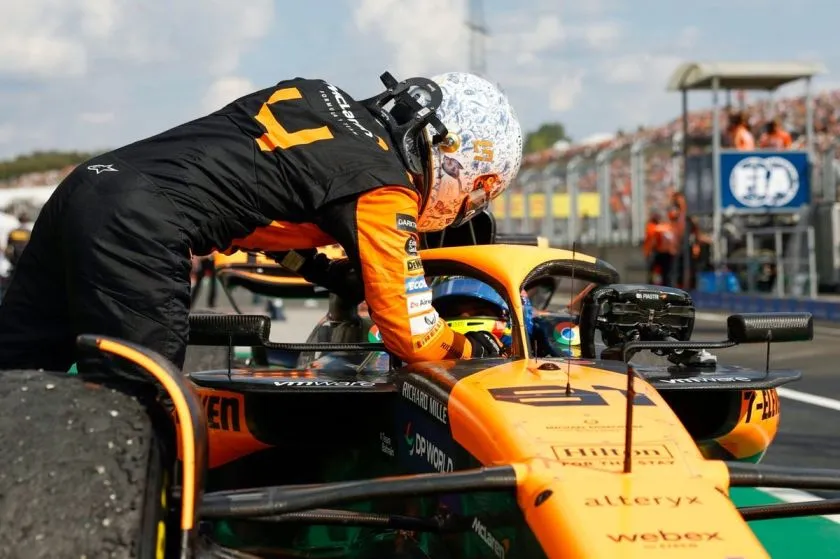
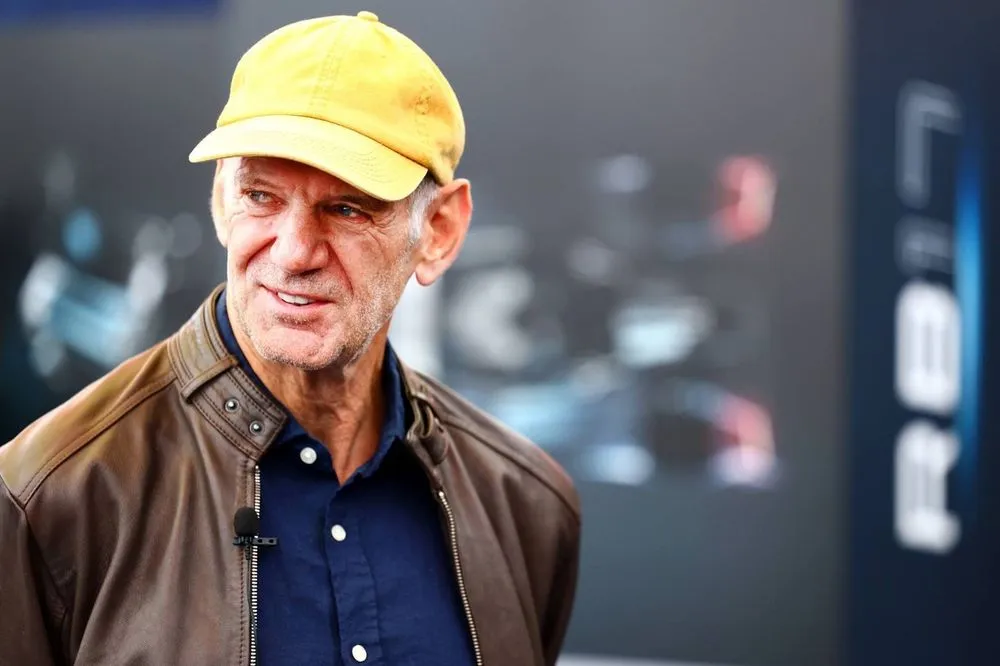

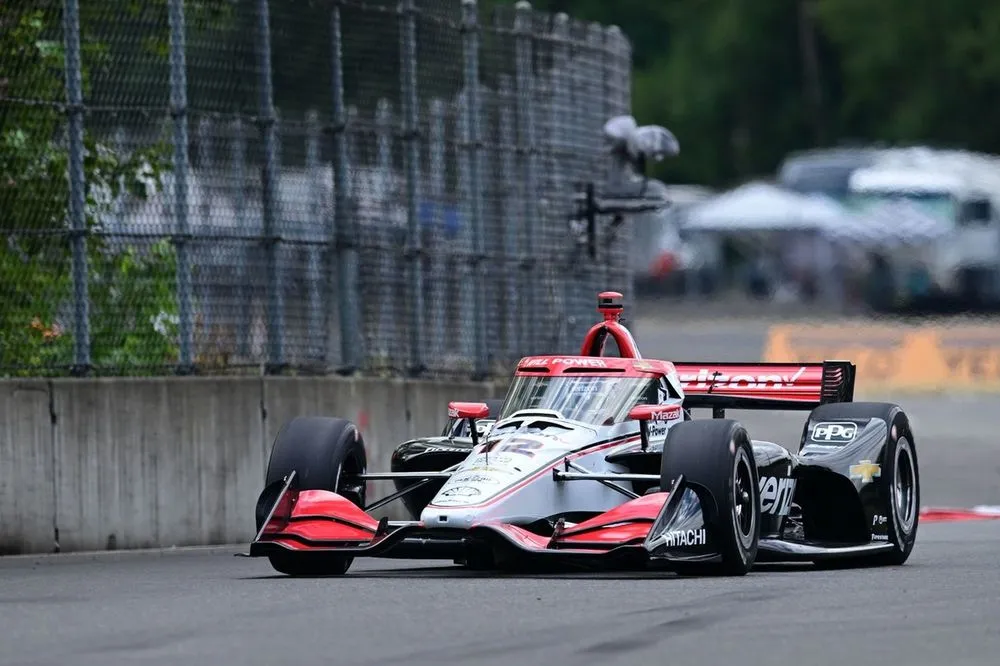

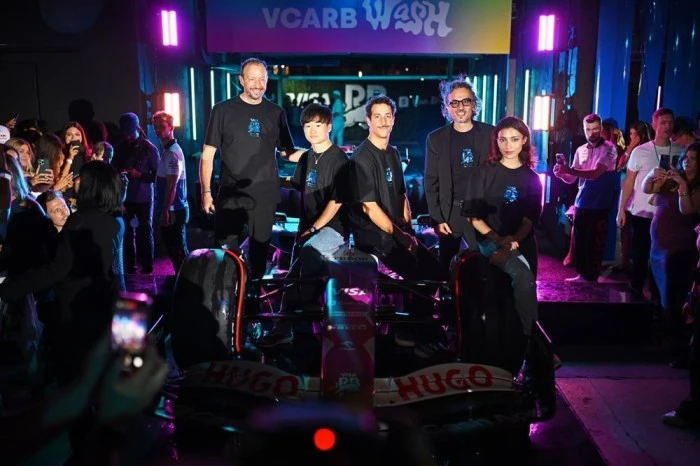
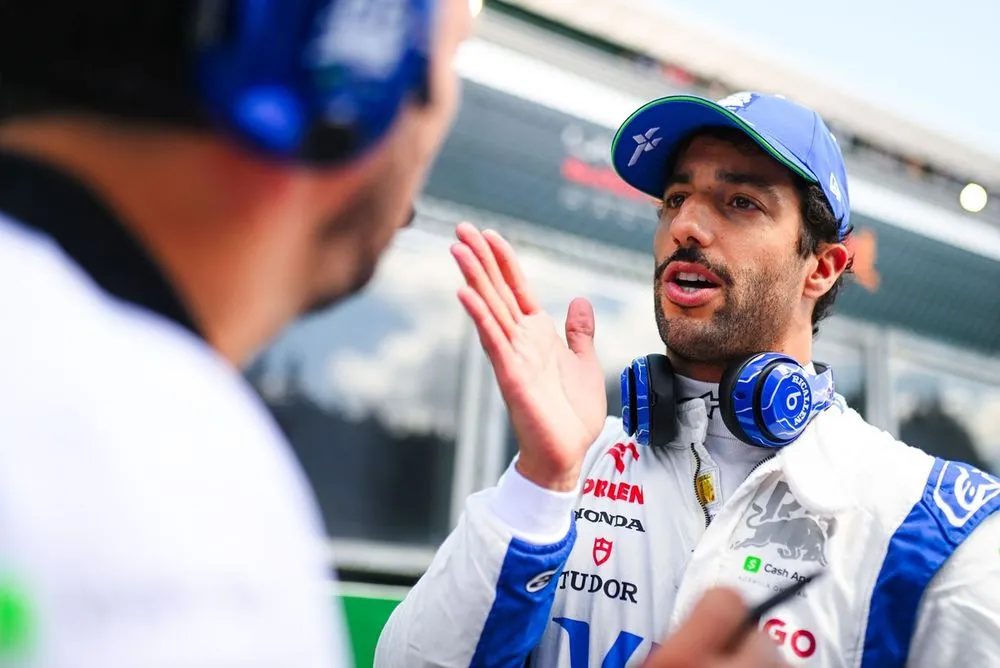

 (1).jpg)
.jpg)
 (1).jpg)
.jpg)

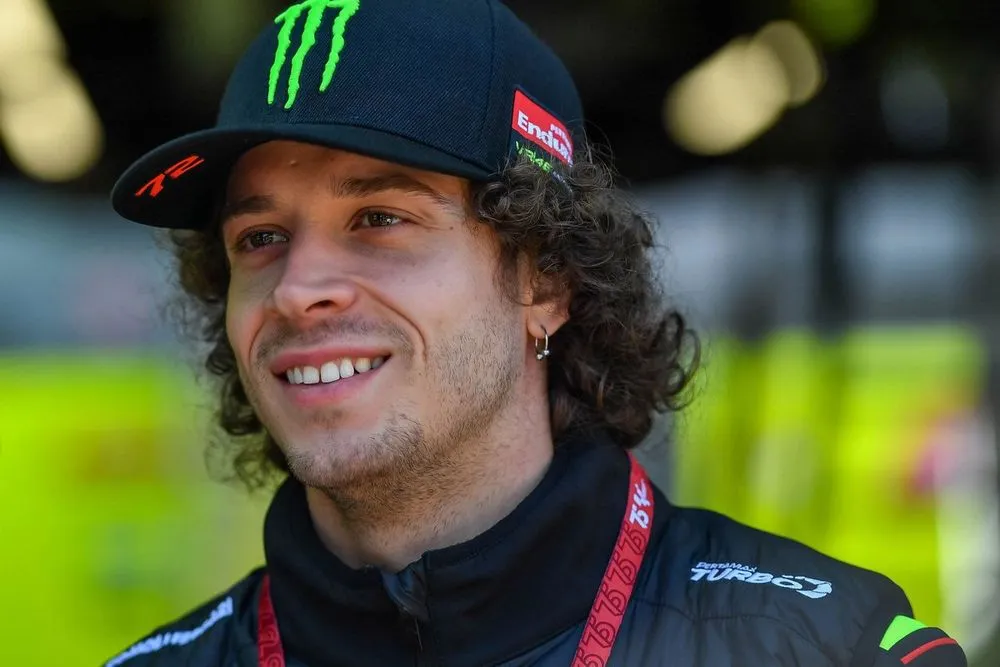
.webp)
 (1).webp)
